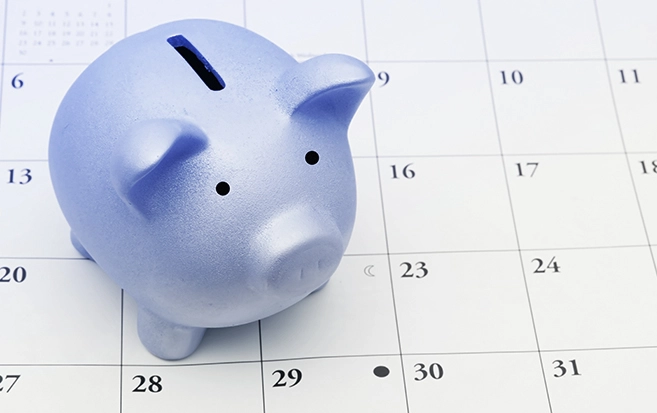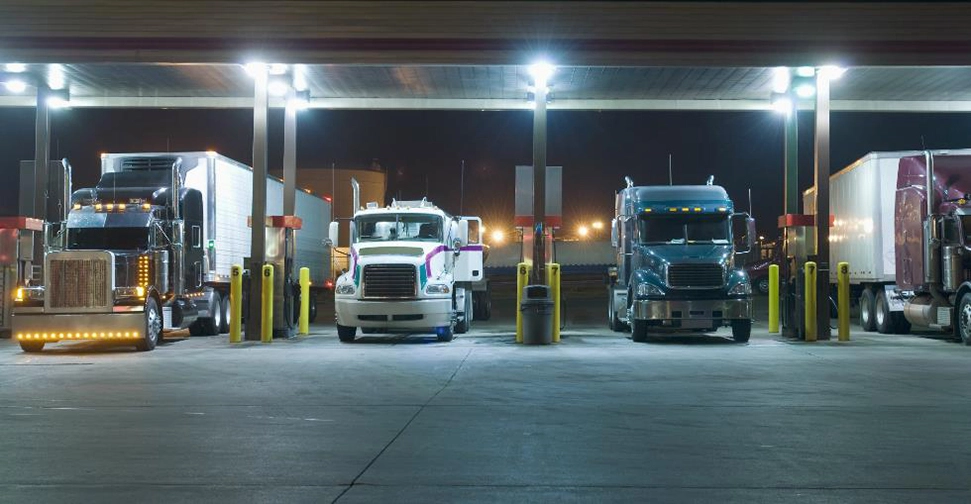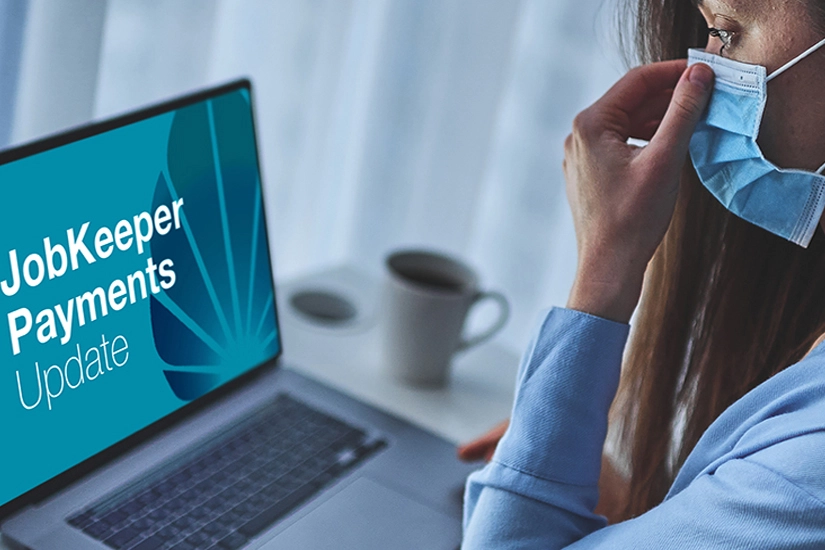
Tax treatment of cryptocurrencies
The term cryptocurrency is generally used to describe a digital asset in which encryption techniques are used to regulate the generation of additional units and verify transactions on a blockchain. Cryptocurrency generally operates independently of a central bank, central authority or government.


